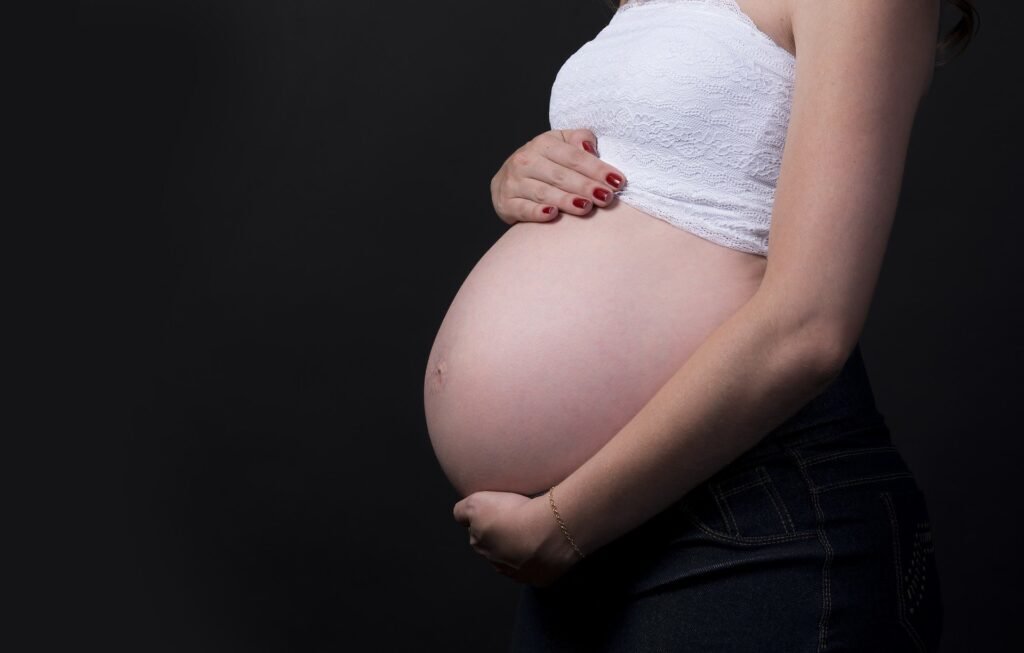A recent study conducted by researchers at University College Cork (UCC), Ireland, has shed light on the concerning issue of iodine deficiency among pregnant women. The study, published in the European Journal of Nutrition, examined iodine levels in over 1,500 first-time pregnant women at Cork University Maternity Hospital. Led by Dr. Áine Hennessy from the Irish Center for Maternal and Child Health Research (INFANT), the research revealed some key findings that emphasize the importance of nutritional awareness to support maternal and child health.
Key findings from the study include the fact that 60% of participants had insufficient iodine intake, with an average urinary iodine concentration (UIC) of 125µg/L, below the recommended level of 150µg/L by the World Health Organization (WHO) for pregnancy. Factors such as age, BMI, education levels, and supplement intake played a role in determining iodine deficiency among the women. Seasonal variations also affected iodine levels, with lower levels observed during the summer months. This study marks the first large-scale assessment of iodine status in pregnant women in Ireland.
Iodine is crucial for thyroid hormone production, which is essential for the development of a baby’s brain during pregnancy. The increased iodine requirement during pregnancy makes adequate intake from the diet vital, as our bodies cannot produce iodine on their own. Deficiency in iodine can lead to adverse outcomes, including impaired neurodevelopment in children.
Dr. Áine Hennessy, the lead researcher, highlighted the lack of public awareness regarding the crucial role of iodine in brain development during pregnancy. Despite the majority of women in the study being considered healthy and taking pregnancy supplements containing iodine, the high prevalence of deficiency suggests a need for additional public health measures.
Ireland currently lacks a policy for salt iodization or iodine food fortification, and there is a low level of awareness regarding the importance of iodine during pregnancy. Dr. Hennessy recommends that women planning a pregnancy ensure adequate iodine intake through their diet, including sources like milk, yogurt, and white fish. For those following vegan or plant-based diets, choosing iodine-fortified alternatives is essential.
These findings underscore the need for policy reviews and nutrition education for women of childbearing age. By raising awareness and promoting adequate iodine intake, we can better support the health and development of both mothers and their babies. This research serves as a crucial first step in informing and guiding public health nutrition policies.


